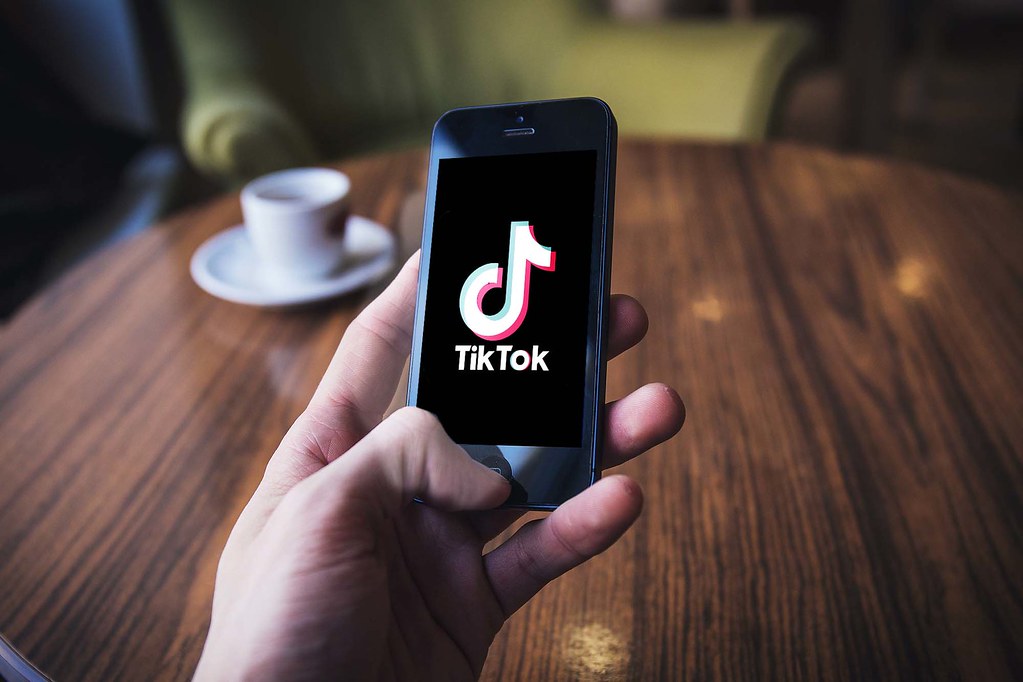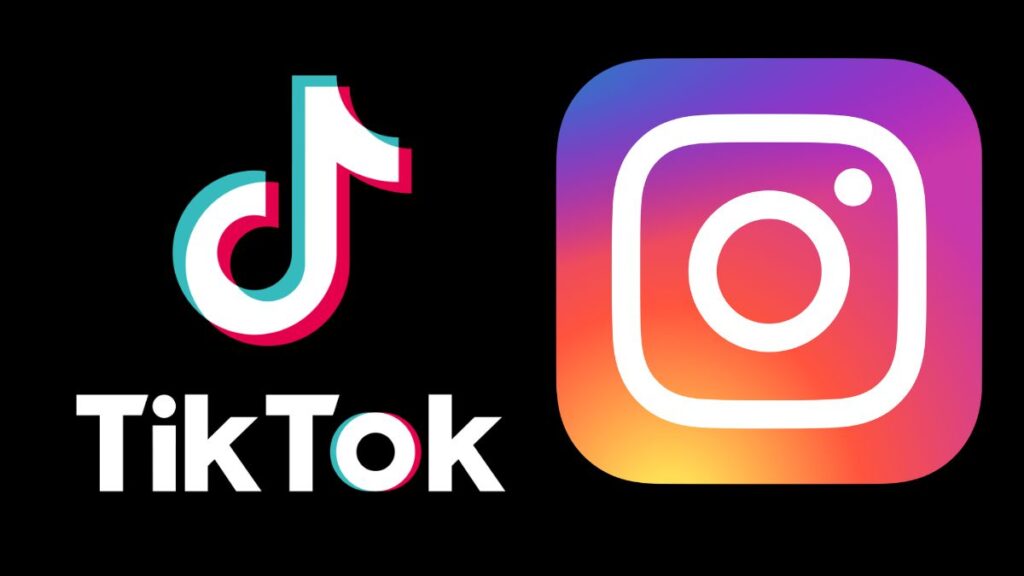The rapid technological advancements in our world have allowed us to consume content in the palm of our hands. Our smartphones have various social media platforms that have become part of our daily lives. TikTok and Instagram are two of the most popular platforms in the social media generation today. But because our world is now changing in a lot of different ways, and not all of them are good, does that mean that TikTok or Instagram makes you stupider?
The effects of short-form content on attention span
Both TikTok and Instagram are popular for their short-form content, which can last somewhere between 15 and 60 seconds. Users of both platforms constantly scroll through short-form content that can be entertaining but could have adverse effects on attention spans.

That’s because critics of these platforms argue that exposure to short-form content can shorten attention span as well. Anything that’s more than a minute long can be boring and uninteresting to those who have gotten used to short-form content that doesn’t even last a minute.
This makes it challenging for individuals to keep themselves focused on long conversations or even engage in deep thought processes. Another problem is that skimming through short-form content can also form a habit of only looking at information on its surface instead of actually processing it. This could also lead to cognitive problems in the long run.
Social media and information bias
Another reason why TikTok and Instagram are popular is because their short-form content allows people to see content that fits into their algorithm. These social media platforms are designed to align with the preferences of the users, creating what is now called a “filter bubble,” which basically filters anything that the user might not find interesting based on their behavior on TikTok or Instagram.
When your content is personalized based on your preferences, views, and opinions, there’s going to be information bias. What happens is that everything that comes out of your TikTok or Instagram will cater to your own biases in life.
The harm in this can be seen in how people are now thinking that their own beliefs and biases are universally accepted because they found people who talk about the same things on social media. This can be extremely dangerous because of how it narrows the perception of people and closes their minds to things that may contradict their own biases.
Social comparison and how it brings people down
TikTok and Instagram rely a lot on visual content, often showing curated and highly fictionalized versions of how people live their lives. In most cases, these social media influencers try to look like celebrities while showcasing people their lavish lifestyles, regardless of whether or not they are actually living the high life.
The emphasis that influencers put on their image can lead to social comparison. What happens is that those who consume influencer content will compare their own “normal” lives with the “ideal” lives that influencers live.
Continuous exposure to such content can impact the confidence and self-esteem of people who may come to believe that they are failures for not being able to live the lives that people on social media live. This could lead to feelings of inadequacy, which can have a negative impact on cognition.
Consumes time and energy
Like any other product that can distract people, TikTok and Instagram can consume time and energy, making it harder for people to find the right time and motivation to do what they need to do. It may be true that these social media platforms are entertaining but what is also true is that they can be detrimental to a person’s productivity.

The short-form content you can find on TikTok and Instagram can give you the illusion that you aren’t wasting a lot of time. But before you know it, you’ve already scrolled through thousands of short-form content and watched hundreds of them. This can pile up and make you lose hours of valuable time that could have been spent on more productive activities, such as reading, watching the news, studying, or exercising.
The more time you waste on social media, the less time you’ll have on activities that could actually improve cognitive abilities.
Conclusion
So, does that mean that TikTok or Instagram makes you stupider? Well, not exactly. There’s a chance that your cognitive abilities or your attention span might deteriorate the more time you spend on those social media platforms. But there’s no concrete evidence to suggest that they can make you dumber.
It’s still safe to assume that anything consumed excessively can lead to negative results, and the same can be said about TikTok and Instagram. Spending more time on those social media platforms can have negative effects on your intellectual, mental, and physical well-being.
There can be a few good reasons why TikTok and Instagram can be useful and positively impactful to your life as long as you don’t go overboard. As such, it’s best to moderate your use of social media in general.



